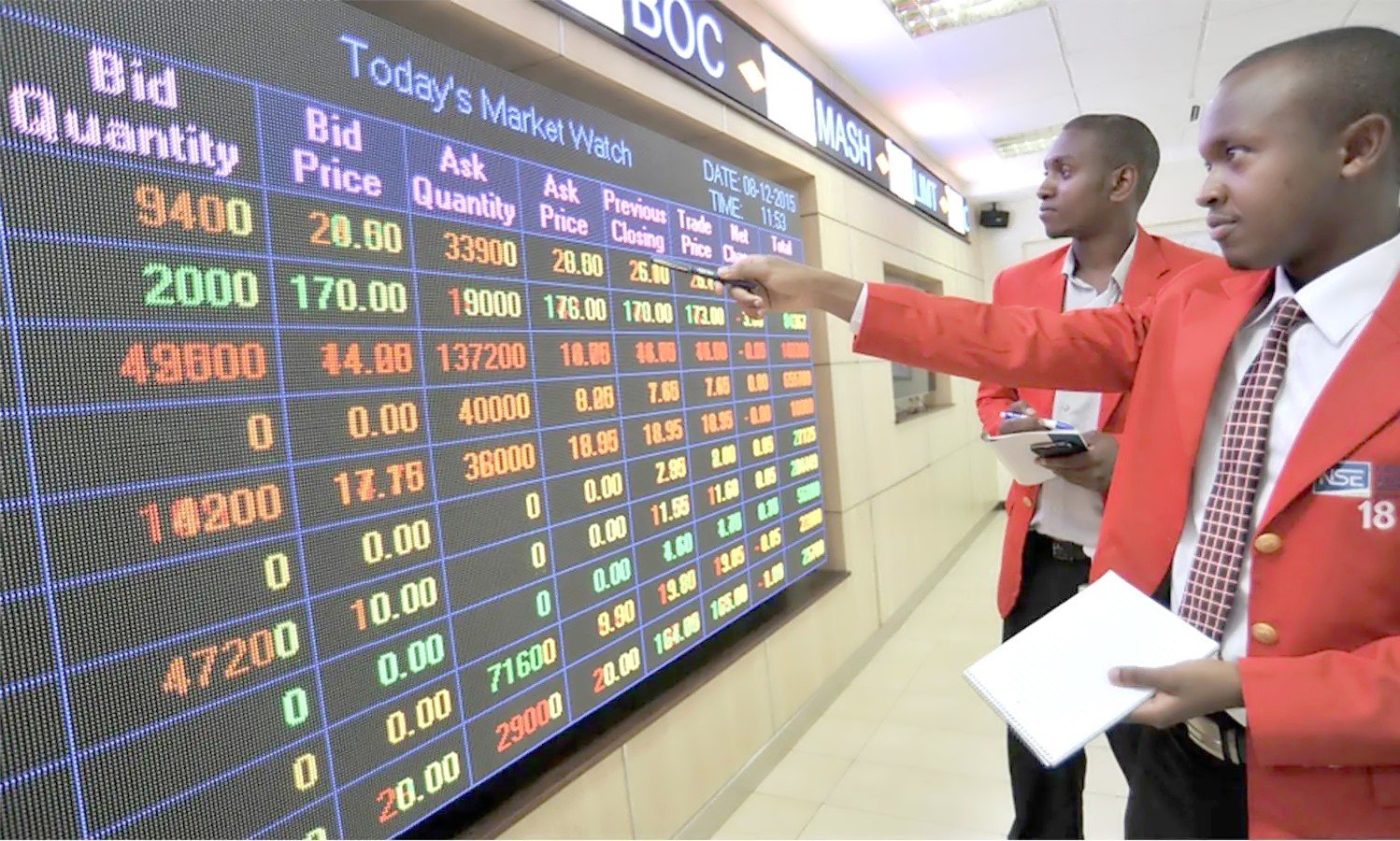Prime
What Form Six national exam results mean for Tanzania’s tech agenda

What you need to know:
- These drops are significant, considering the government’s aggressive push in recent years to bolster science, technology, engineering and mathematics (STEM) education in line with national development blueprints—Vision 2025 and Vision 2050.
Dar es Salaam. The 2025 Advanced Certificate of Secondary Education Examination results for have painted a complex picture for the country’s ambitions in science and technology.
While the Basic Applied Mathematics (BAM) subject posted a commendable improvement—rising to a 73 percent pass rate—the traditional science subject combinations such as Physics, Chemistry and Advanced Mathematics (PCM) and Physics, Chemistry and Biology (PCB) experienced a decline in performance.
According to the National Examinations Council of Tanzania (Necta), the PCM pass quality dropped by 6.39 percent, while PCB saw a 1.62 percent decrease.
These drops are significant, considering the government’s aggressive push in recent years to bolster science, technology, engineering and mathematics (STEM) education in line with national development blueprints—Vision 2025 and Vision 2050.
Necta executive secretary Said Mohammed described the rise in BAM as “a great relief,” especially given that two years ago, the subject had a 59 percent pass rate.
“This is a great relief for the council to see continuous improvement every day, and our expectation is that the pass rate will keep increasing as we move forward,” he said when announcing the results.
The improved BAM performance is not without cause. It stems in part from targeted teacher development programmes by institutions such as the Aga Khan University (AKU), which has intensified efforts to equip educators with innovative pedagogical approaches in teaching mathematics.
According to education experts, such interventions are now yielding visible results.
“The improvement in BAM performance proves that when teachers are empowered, students can overcome math anxiety and thrive,” said a mathematics education lecturer at the University of Dar es Salaam, Dr Neema Mwaipopo.
“We need similar investments in other science subjects, especially Physics and Chemistry.”
The government has consistently made clear that science subjects are central to Tanzania’s socio-economic transformation.
Vision 2025 prioritises building a knowledge-based economy, while Vision 2050 extends this ambition by emphasising advanced innovation, industrialization, and digital integration.
“There is no future industrial Tanzania without strong foundations in science and technology,” said Dr Mwaipopo. “That’s why the ministry of Education, Science and Technology is introducing scholarships and incentives to encourage excellence in science subjects.”
The current performance trends raise questions about how far the country is progressing toward that vision. A decline in PCM and PCB performance could limit the pipeline of future engineers, doctors, technologists, and researchers—professions that are critical for national development.
While BAM’s improvement is encouraging, education stakeholders are calling for urgent and sustained reforms to replicate that success across all science subjects.
“Improving BAM is a step in the right direction, but we can’t ignore the fact that Physics and Chemistry are becoming stumbling blocks for many students,” an education consultant who works with rural secondary schools, Ms Faith Kalokola.
“We must address lab infrastructure gaps, teacher shortages, and outdated teaching methods.”
Dr Mwaipopo agrees, adding that female students in particular face added challenges.
“We need gender-sensitive approaches in science teaching. Many girls are intimidated by how these subjects are taught. Mentorship programmes and science clubs can help demystify them,” she suggests.
Better performance in science does more than raise academic statistics—it positions Tanzania to benefit from global partnerships and emerging industries such as artificial intelligence, biotechnology, clean energy, and digital health.
With the Africa Continental Free Trade Area (AfCFTA) opening up borders, a well-educated STEM workforce becomes a competitive edge.
Already, programmes like the Presidential Science Scholarship (Samia Scholarship) have been launched to support high-performing science students at both secondary and tertiary levels.
The Tanzania Commission for Science and Technology (Costech) has also stepped up funding for innovation hubs and research projects led by young scientists.





